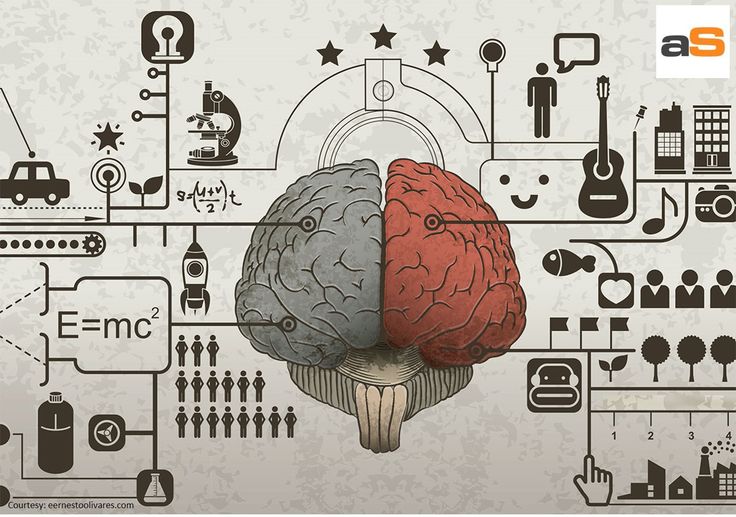I was in the middle of a particularly hectic work period, deadlines were piling up, and I was running on fumes. I kept telling myself that I just needed to push a little harder, finish everything, and then I could rest. You’ve probably heard those motivational quotes like:
“Take a break when you’re done, not when you’re tired.”
For a long time, I bought into that mindset. I thought taking a break before I finished everything was a sign of weakness or lack of discipline. But as the days passed, I found myself growing more tired and less effective. My to-do list kept growing, and even simple tasks started feeling like mountains to climb. The harder I worked, the less I accomplished. That’s when I knew something had to change.

The Decision to Step Away for a Week
I decided to take a one-week break ,completely unplugged from work. No emails, no projects, no deadlines. It felt strange, even uncomfortable, at first. Like I was letting everything slip through my fingers. But deep down, I knew I needed this time to reset.
At first, I didn’t know what to do with myself. The urge to check my inbox was strong. I kept thinking about all the tasks I’d left behind. But as the week went on, something remarkable happened.
I started to slow down. My mind, which had been cluttered with constant to-do lists, finally had space to breathe. I began to realize how much mental exhaustion had clouded my creativity and focus.

The Benefits of Stepping Away
By the end of the week, I felt a shift. My energy returned, and I started thinking more clearly about the tasks ahead of me. I wasn’t just recharged physically , I felt mentally ready to tackle challenges in a way I hadn’t in months. Here’s what I learned:
1. Mental Recharge is Non-Negotiable
Our brains aren’t machines. They need time to rest, process, and reset. When I stepped away, I gave my mind the space to recover from months of constant work. The result? My ability to focus improved significantly. Instead of feeling scattered, I could concentrate deeply on tasks when I returned.

2. New Insights & Better Problem-Solving
When I was caught up in the daily grind, I was too close to my problems to see solutions clearly. During the break, I wasn’t actively thinking about work, but my brain was processing things in the background. By the time I came back, solutions that had seemed out of reach suddenly felt obvious. Stepping away gave me a fresh perspective that helped solve long-standing issues.
3. Creativity Thrives When You Give It Space
Creativity requires downtime. It’s hard to come up with fresh ideas when you’re constantly drained. Taking a break allowed my mind to wander, which is when creative ideas started flowing again. I came back with new strategies, approaches, and solutions to problems that had been stalling for weeks.

4. Burnout Isn’t a Badge of Honor
For a long time, I thought pushing through exhaustion was something to be proud of. But burnout doesn’t make you more productive, it diminishes your capacity to work effectively. The break made me realize that rest is as important as work when it comes to long-term success. It’s not about how many hours you put in; it’s about the quality of those hours.
5. Sustainability Over Hustle
We live in a culture that glorifies hustle, but working non-stop isn’t sustainable. What’s sustainable is a balanced approach where you give yourself the space to recover, reflect, and rejuvenate. The time off gave me a sense of balance I had lost, and it made me more productive when I returned. I wasn’t just working hard, I was working smart.

The Return: More Productive Than Ever
When I came back to work after that one week, I was surprised by how much I accomplished in the first few days. The tasks that had seemed overwhelming before were now manageable. I wasn’t just going through the motions , I was energized, focused, and ready to tackle challenges head-on.
I realized that taking breaks isn’t a sign of weakness. It’s essential to achieving long-term goals. Sometimes, stepping back is the key to moving forward.

If you find yourself feeling stuck, overwhelmed, or exhausted, consider this: Taking a break might be the smartest move you can make. It’s not about doing less; it’s about coming back stronger and working smarter. Don’t hesitate to invest in yourself , your future productivity depends on it.


